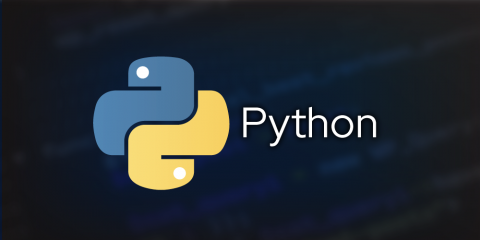.svg)
.svg)

A practical programming course for office workers, academics, and administrators who want to improve their productivity.
For IT & Computer science Engineers
Course Type :
₹ 16163
Topic 1 | Introduction to Python
Introduction to Python
Topic 2 | Control Flow
Control Flow
Topic 3 |Functions
Functions
Topic 4 | Data Structures
Data Structure
Topic 5 | Modules and Packages
Modules and Packages
Topic 6 | File Input and Output
File Input and Output
Topic 7 | Errors and Exceptions
Errors and Exceptions
Topic 8 | Object Oriented Programming
Object Oriented Programming
Topic 9 | Reference Types
Reference Types
Topic 10 | Thread
Thread
Topic 11 | Graphical User Interface
GUI
Topic 12 | Database Connectivity
Database Connectivity
Topic 13 | Networking
Networking
Topic 14 |Standard Library
Standard Library
Topic 15 | Project
Project
Copyright © 2025 ABCTrainings - All rights reserved